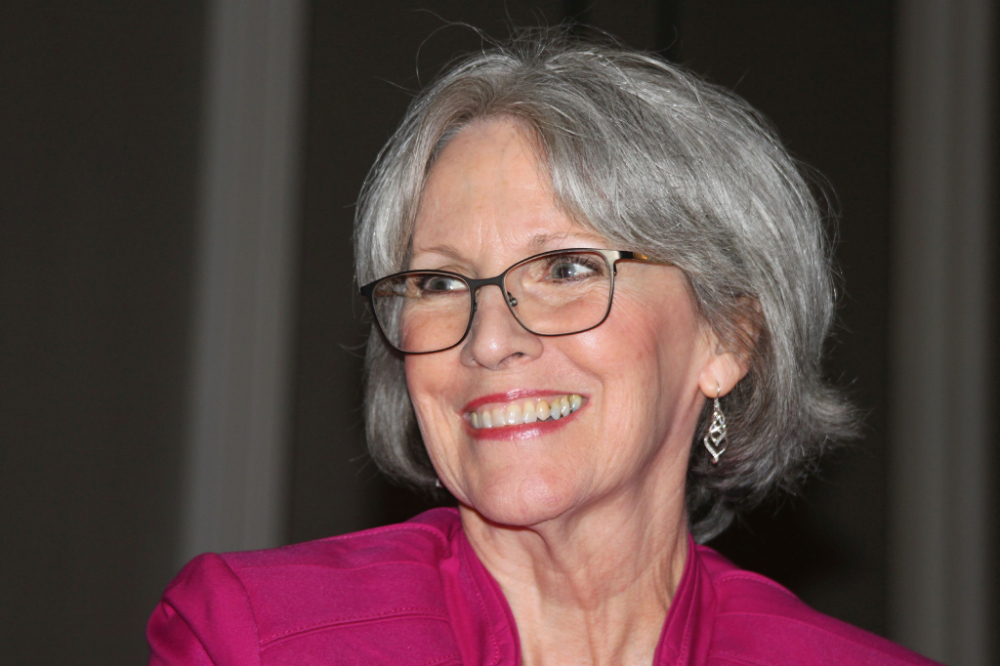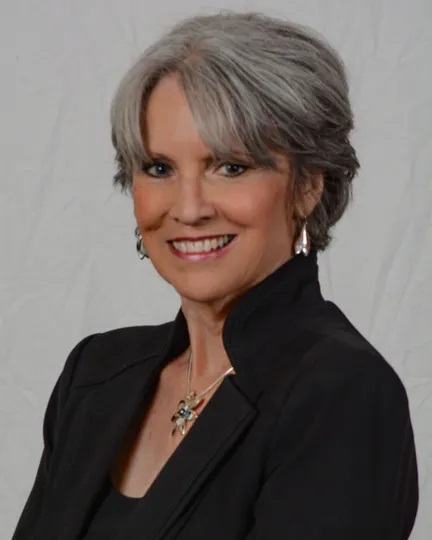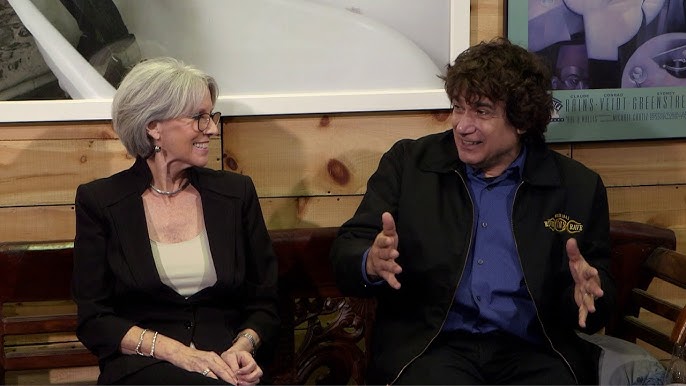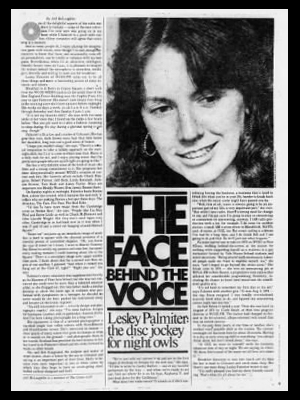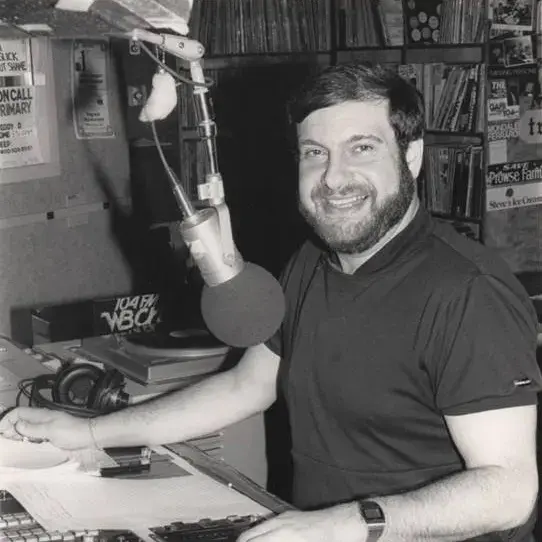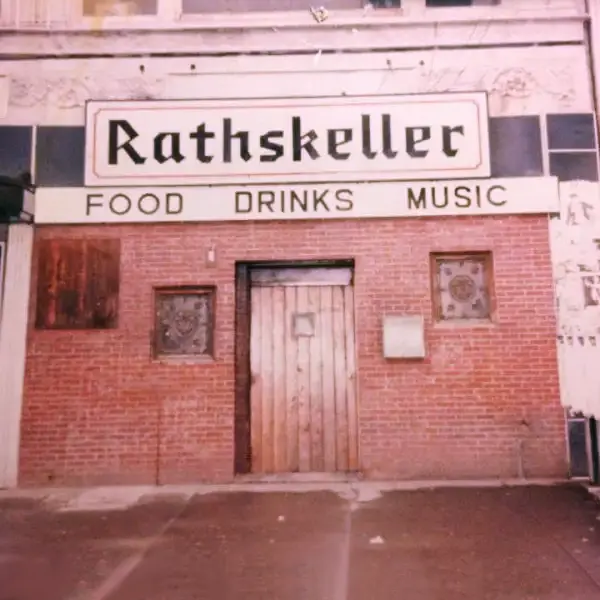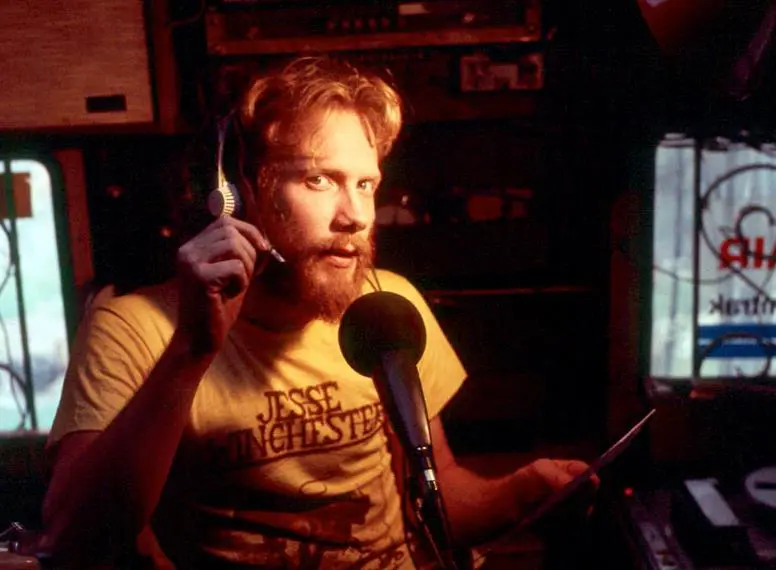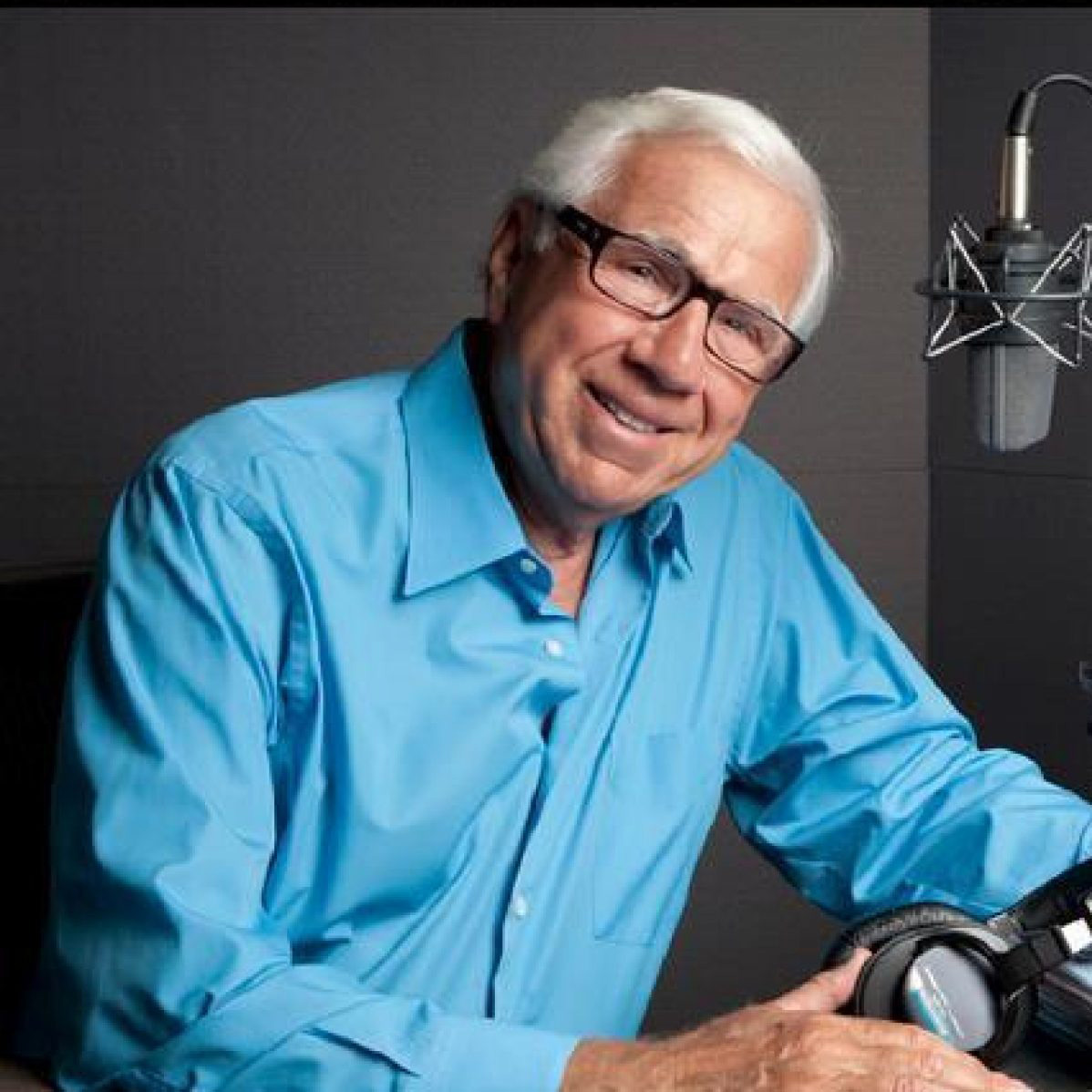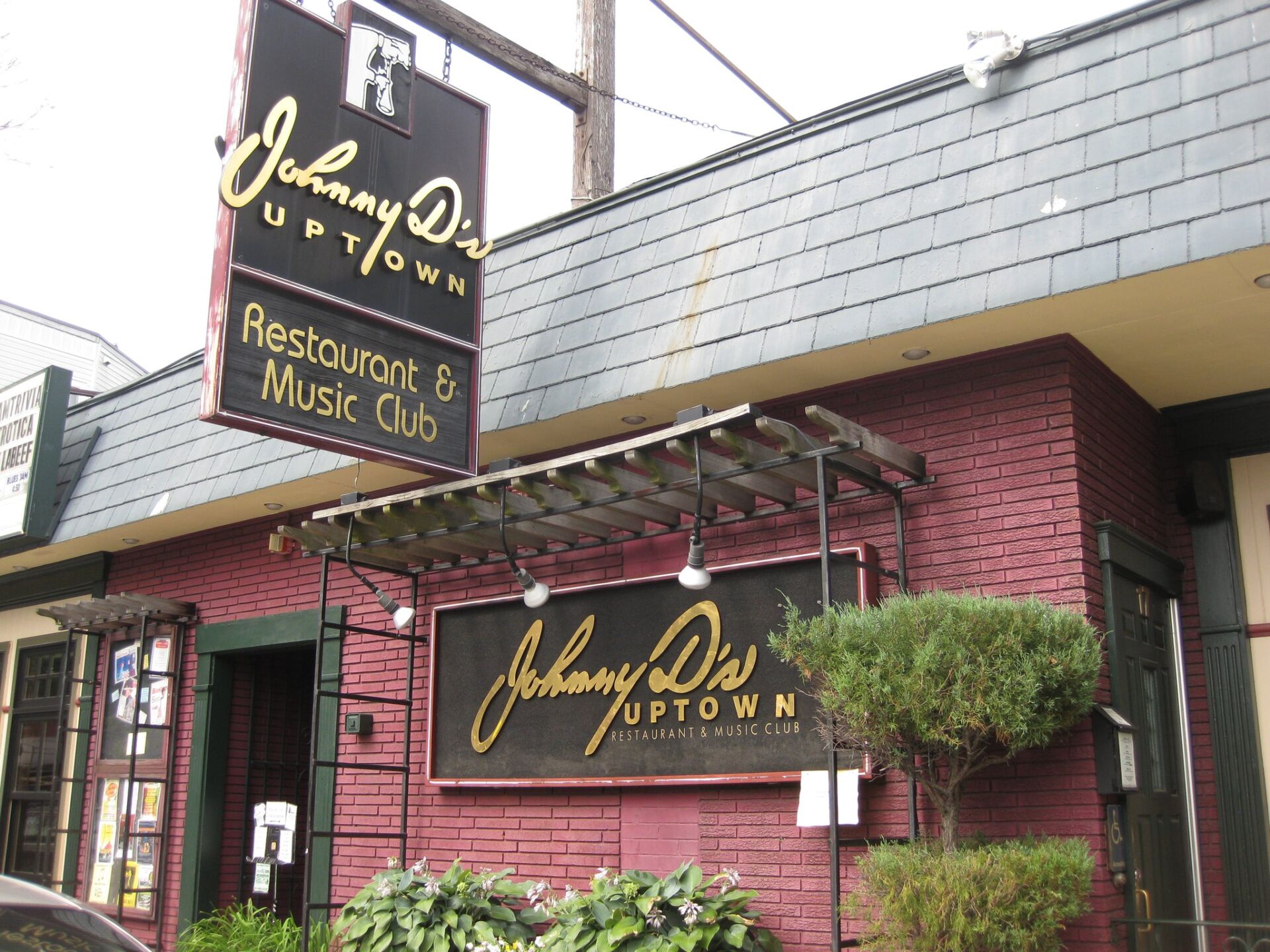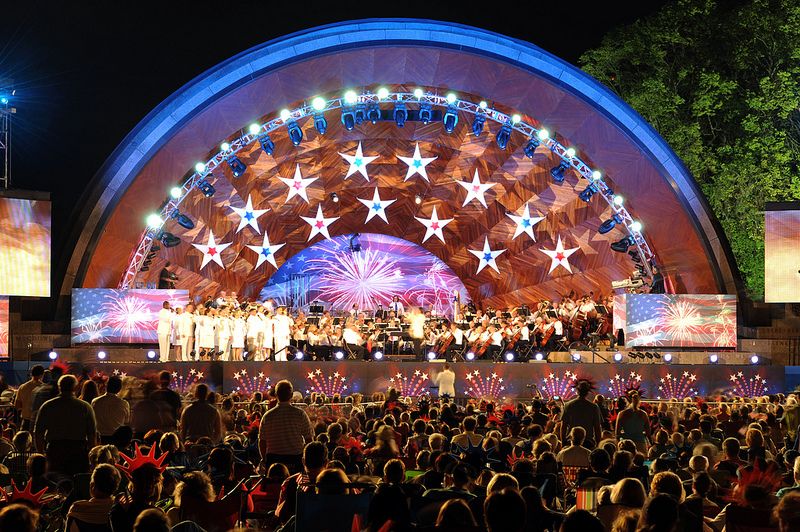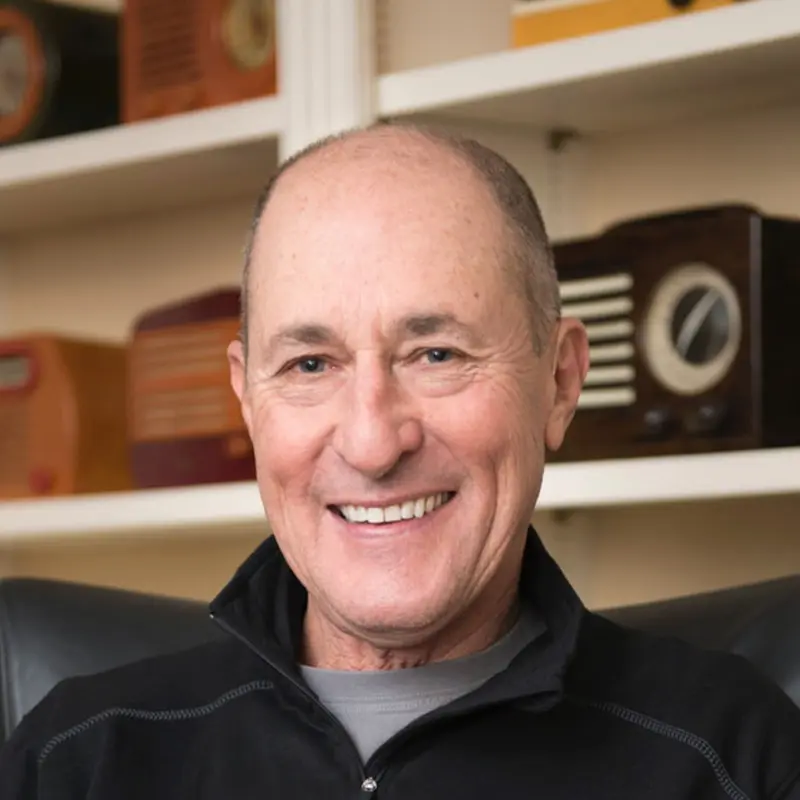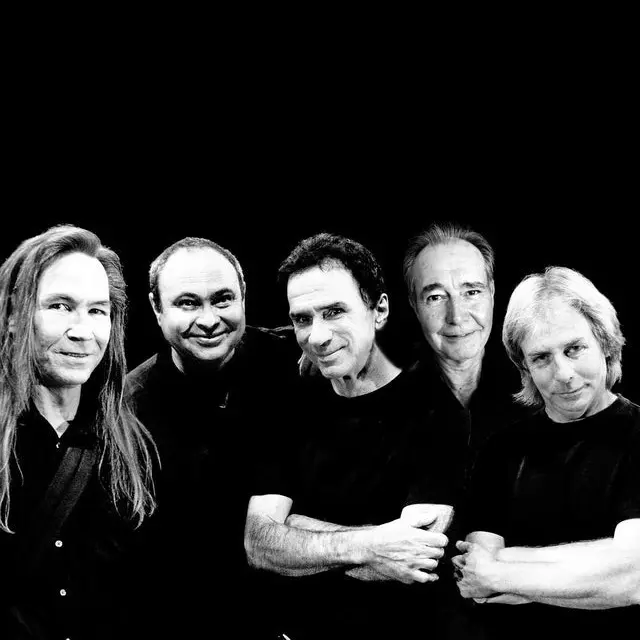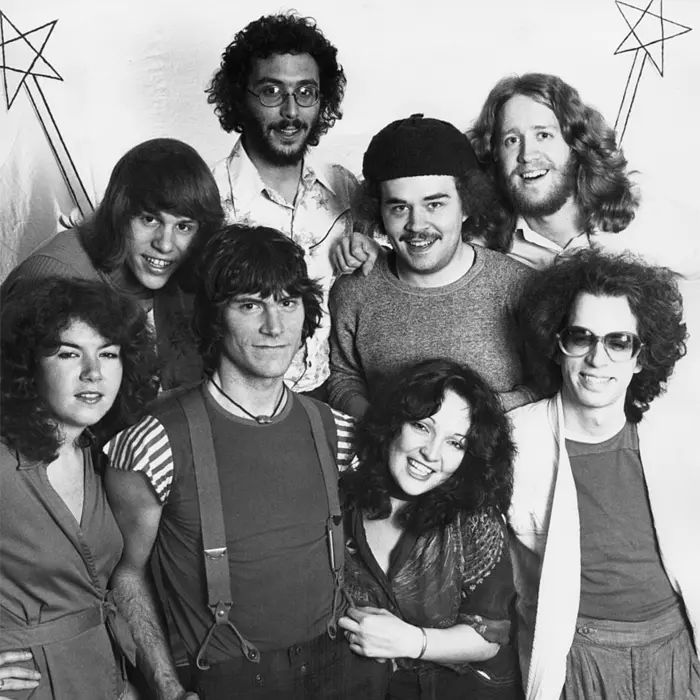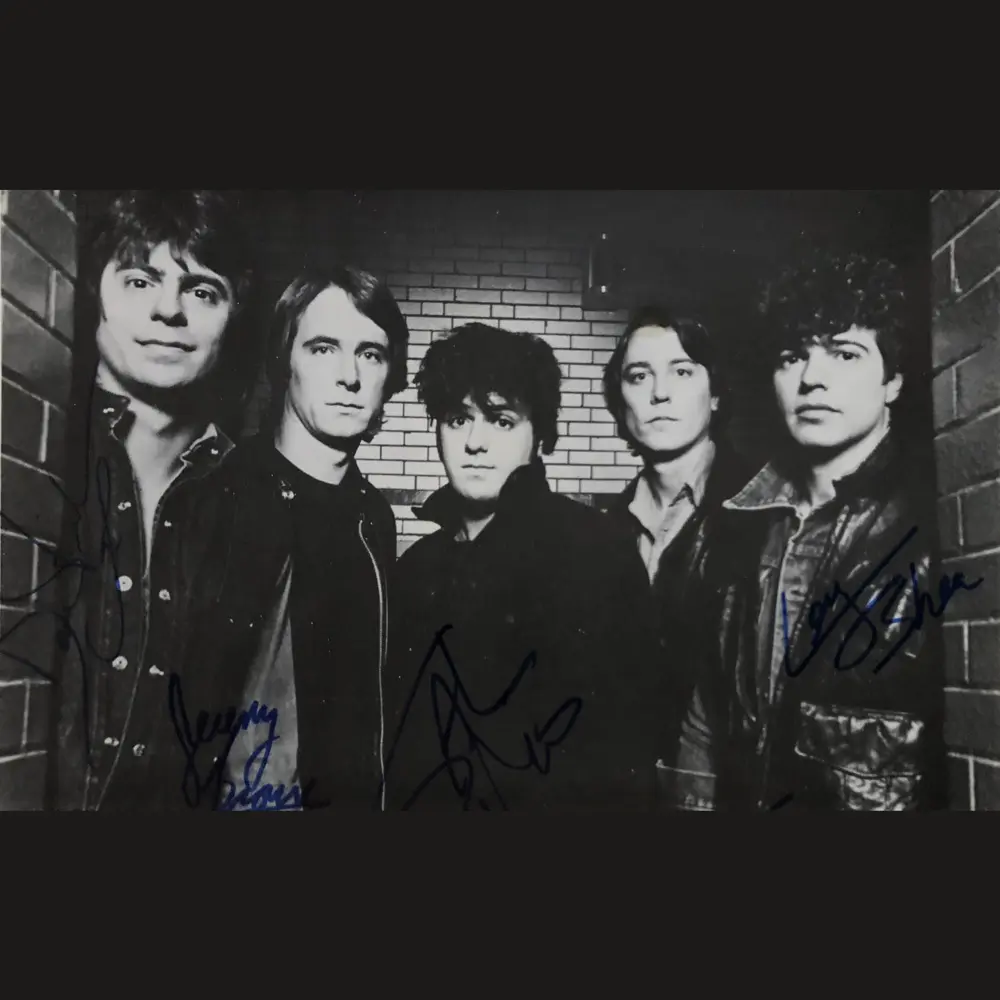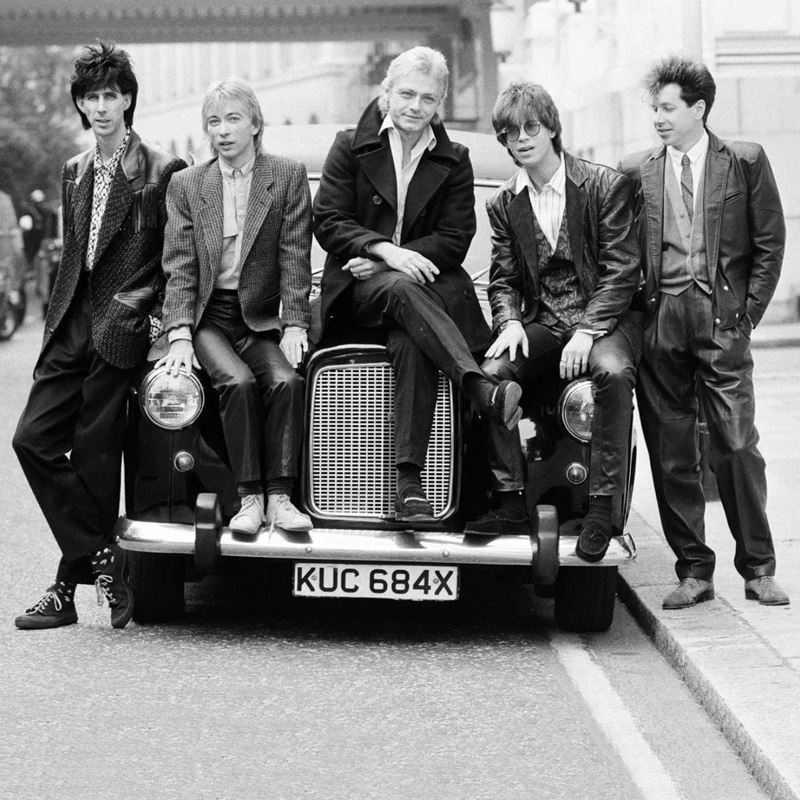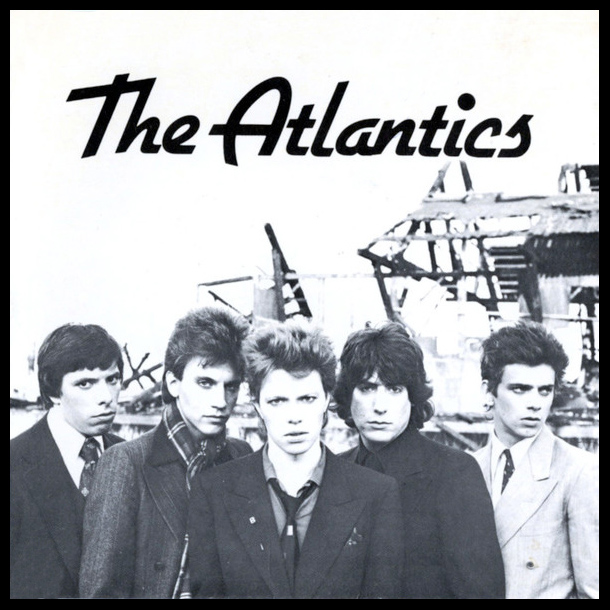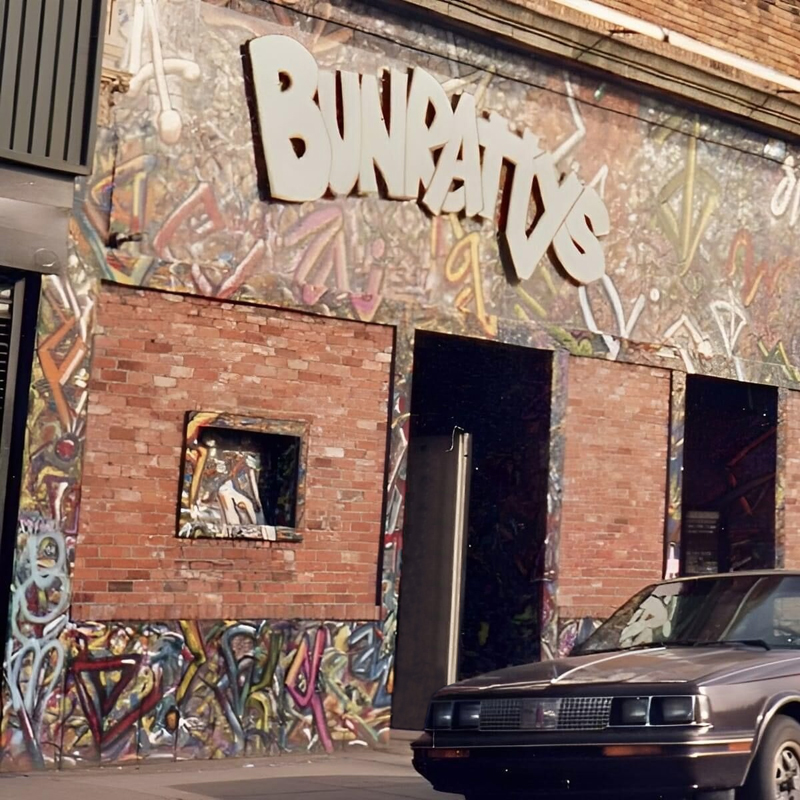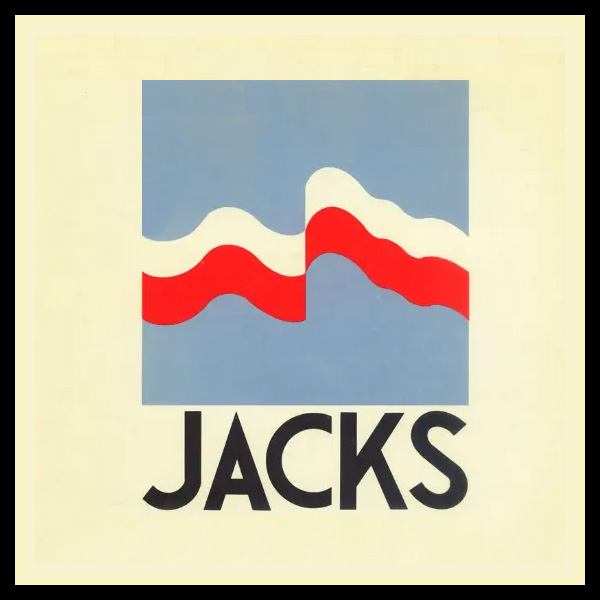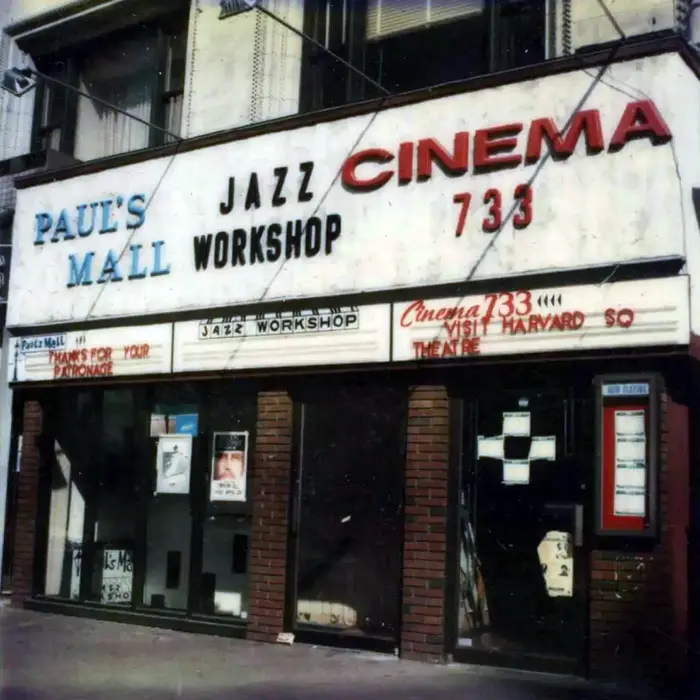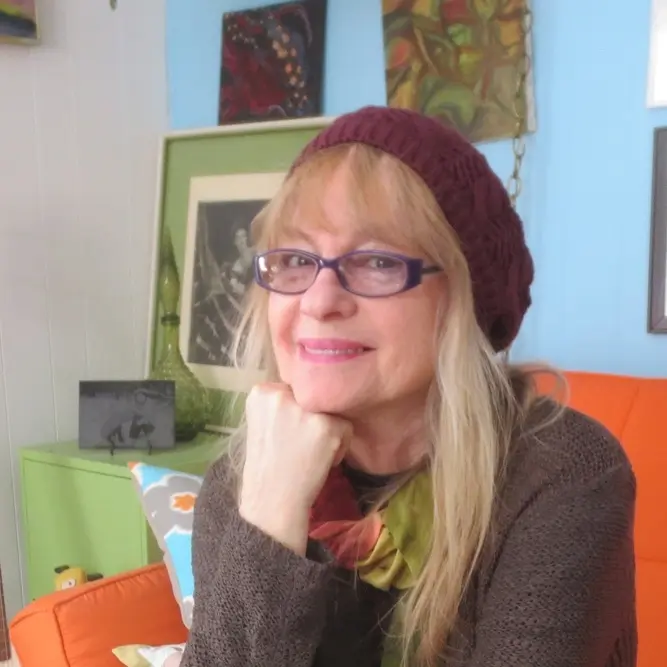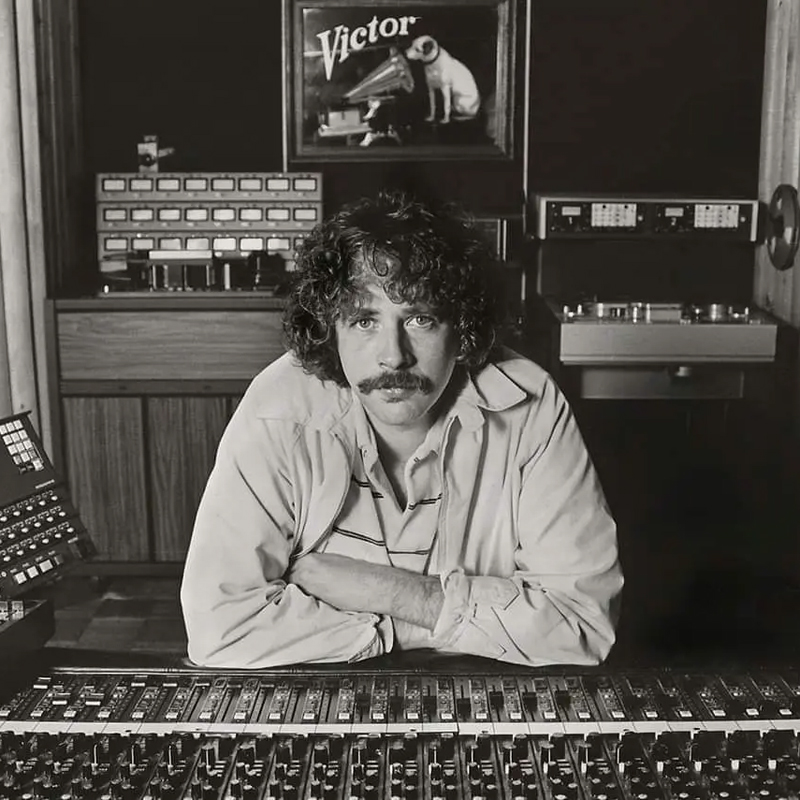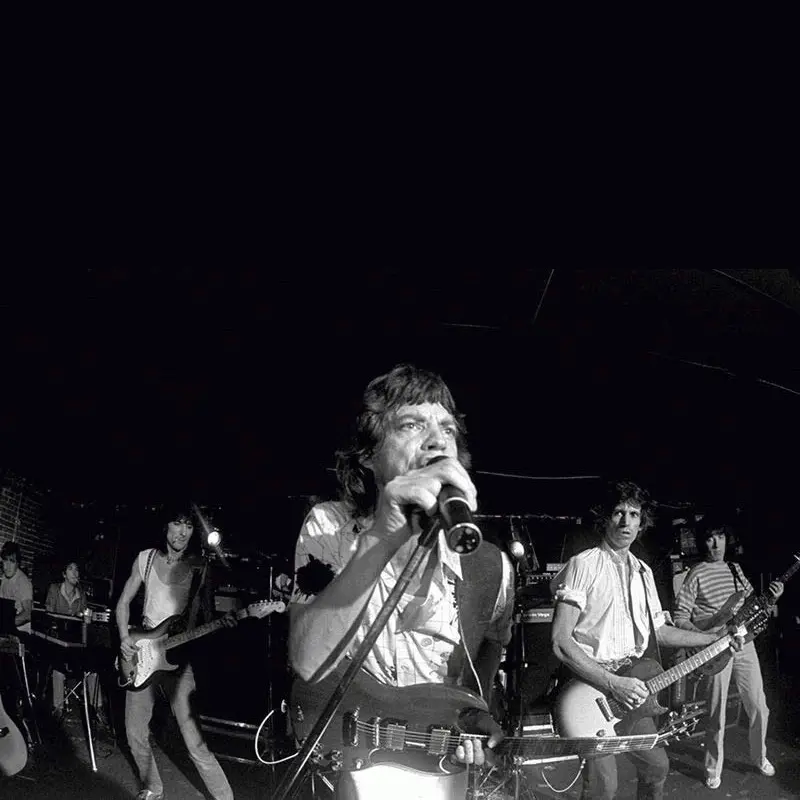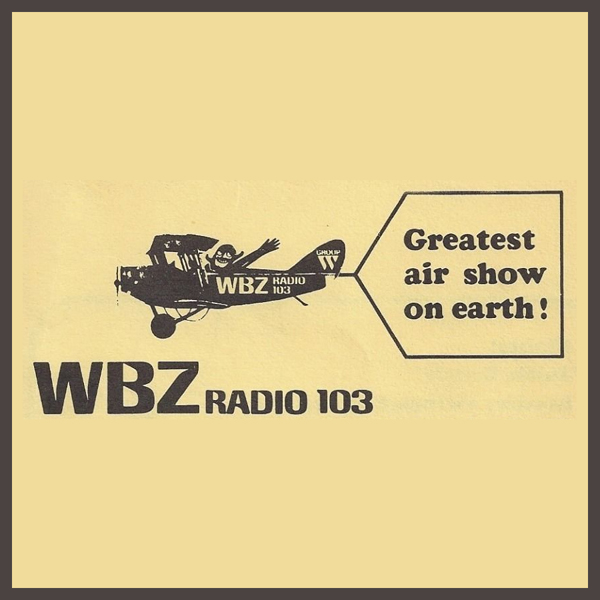Lesley Palmiter
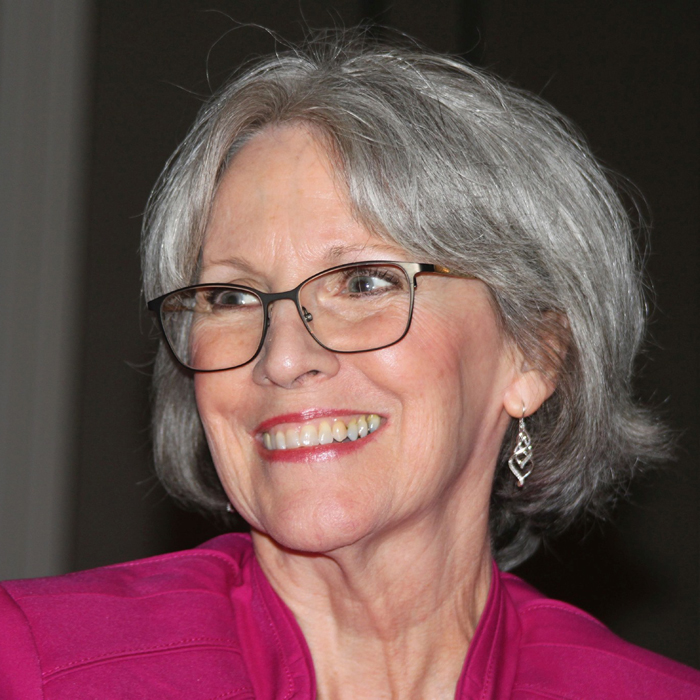
From September 1968 until late 1975, WBCN ruled Boston’s FM airwaves with their “free-form-progressive” approach to rock music. But a new FM station, WCOZ, hit the city’s airwaves in September ‘75 (on Labor Day weekend), broadcasting its signature song, The Rolling Stones’ “Brown Sugar,” and injecting some serious, long-needed competition into the city’s radio landscape. In October, the station surpassed ‘BCN in the all-important Arbitron ratings with a 2.9 share (compared to WBCN’s 1.9) for the age-12+ demographic.
The original WCOZ on-air lineup was Clark Smidt as program director, deejay Ken Shelton, both of whom had worked at Boston’s top-40-formatted WBZ-FM, and Lesley Palmiter from WPLR-FM in New Haven who, with her album-oriented rock (AOR) background and support of unsigned local and regional bands, shaped WCOZ’s initial core sound. For many years, the rivalry between ‘BCN and ‘COZ remained intense yet collegial with a notable amount of cross-pollination in terms of on-air personalities. When ‘BCN deejays went on strike in 1979, those at ‘COZ supported them on the picket lines. “There’s no doubt that both stations, in competition, pushed each other to be the best we could be,” Palmiter says.
Originally from the South Shore of Massachusetts, Palmiter’s radio career began on July 17, 1972, at WYBC-FM, Yale University’s station. She was on the air for only 20 minutes when the program director interrupted her show to begin all-day news coverage of the Watergate break-in. Shortly thereafter, she joined WILI-AM in Willimantic, Connecticut but decided that the station’s easy-listening format was not for her, quitting after just one night on the air. Palmiter then landed a job at New Haven’s WPLR-FM, where she found her format home and first began playing unsigned local and regional bands. In the male-dominated radio industry of the ‘70s, she was the first female to be hired full time at the first five stations where she worked.
SUPPORTING LOCAL ARTISTS
At WCOZ, Palmiter was the Boston-radio vanguard of promoting unsigned local and regional music through her franchise of three innovative shows: The Boston Beat featured local bands’ singles and demo tapes; ’COZ Club Night promoted local acts on-air prior to their performances, which Palmiter emceed and broadcast either live or at later dates; and ’COZ Playback, on which she hosted top regional acts at Normandy Sound in Warren, Rhode Island, offering a live, in-studio experience to a small audience of ticket winners. Two of the best-attended sessions at Normandy were those with Robin Lane & The Chartbusters and John Cafferty & The Beaver Brown Band.
Palmiter did her homework, becoming a mainstay at Boston and Boston-area clubs, which were fertile ground for the era’s already hot and developing bands. She was always welcomed at Bunratty’s, The Rathskeller, the Paradise Rock Club, The Jazz Workshop/Paul’s Mall, The Channel, Jonathan Swifts, Inn-Square Men’s Bar, Jacks, Uncle Sam’s, The Bell Buoy, The Bridgeway, Frolic’s and The Summit, among others, since club owners and managers knew they’d get a bump in attendance whenever she promoted a band and/or emceed.
In 1979, Palmiter spearheaded the release of The Best of the Boston Beat, an album of songs by local bands including The Night Visitors, The Stompers, The Fools, Johnny Barnes, Johanna Wild, The Atlantics and Orchestra Luna, among others; a second compilation, The Best of the Boston Beat Volume II, followed in 1981. She broke or helped break a number of Boston-based bands who went on to sign with major labels – among them The Cars, Private Lightning, The Fools and The Stompers – and her work at WCOZ allowed many other area bands to be heard on the radio for the first time, setting some of them on career paths that they never thought were possible.
PRODUCTION PROJECTS, WRITING
With the help of Sam Kopper, WBCN’s first program director and live-music mixer with mobile-recording studio Starfleet, Palmiter produced dozens of club gigs and large concerts for WCOZ. Along with her work at Normandy Sound, she produced demo tapes and other recordings for bands and, during her early years at ‘COZ, wrote music-oriented pieces for The Real Paper and The Boston Phoenix as well as scripts for news and consumer affairs and cooking and gardening features. In addition to being an on-air personality, she was on the “first call” list of Boston voices, doing hundreds of narrative and voiceover pieces.
While at WCOZ, Palmiter often hosted shows on WGBH-FM, filling in for Ron Della Chiesa on his MusicAmerica program and on Mai Cramer’s Blues After Hours and hosting a regular feature on gardening (as she also did on WCOZ) which evolved into The Victory Garden on WGBH-TV (with new hosts). In the ‘80s, she made guest appearances on WGBH-TV with Charles Smith and on WHDH-TV with Matt Siegal. When New England Cable News launched in 1992, Palmiter hosted a short-lived program on arts and entertainment; the experience led to her hosting several documentaries in 1993 for the show Arts Across America, which were taped in various locations throughout New England.
OTHER STATIONS, BAND MANAGEMENT, RECENT ACTIVITY
Palmiter left WCOZ in 1982, due to what she considered gratuitous format changes (which reduced the station’s vast library of LPs to a mere 500 cuts for airplay). In the following years, she did part-time, fill-in and voiceover work on WMJX-FM, WBOS FM, WPLM-FM, WATD-FM and WMVY-FM and between 1987 and 1989 she worked as Jordan Rich’s co-host on WSSH-FM’s morning-drive. After leaving WSSH, she did a weekend show and filled in at WVBF-FM/WCLB-FM as the station transitioned from soft rock to a country format. During her time at WVBF, she produced an all-female show, The Girls Club, which aired for a short time in 1993.
In 1983, Palmiter launched Lumina Productions, a marketing, publicity, booking and management agency for bands, clubs, artists and actors. Between 1983 and 1985, she handled marketing and publicity for Night Stage in Cambridge and The Frolics in Salisbury and managed the band Drumm McDowell, and from 1993 to 1995 she managed the 18-piece Haitian Vodou rock ‘n’ roots band RAM; their music was featured on the soundtrack for the film Philadelphia in 1993 and at the New Orleans Jazz & Heritage Festival in 1994. Palmiter often dealt with US Immigration and Customs Enforcement to facilitate the band’s frequent travel from Port au Prince, Haiti to destinations on the US East Coast. She and RAM parted ways when the Clinton administration’s embargo against Haiti froze all funds between the two countries, meaning that the band could no longer pay her managerial fee.
Throughout the ‘80s, Palmiter booked Drumm McDowell, RAM and other bands in venues from Boston, Cambridge and Martha’s Vineyard to New Hampshire, New York City and New Orleans. A frequent visitor to The Big Easy, she saw many artists whom she felt deserved a larger audience, among them Zachary Richard, who led a popular Zydeco band. Palmiter helped land Richard a regular gig at Johnny D’s in Somerville, Massachusetts, where he played until the club’s closing in 2016, and she’s currently working with playwright-author-songwriter-singer Garr Lange, whose band The Big Rig appeared at Boston’s Hatch Memorial Shell in 1989.
In the late ‘80s, Palmiter moved into real estate sales, her education at the School of the Museum of Fine Arts in Boston and Boston University having fostered a love of art, design and architecture and an affinity for property matters. Since then, she’s helped developers convert dilapidated brownstones in Boston’s Back Bay, Beacon Hill and South End into high-end condominiums, working with a variety of leading architects. Palmiter has penned a number of short stories and is writing a novel called Play Murder For Me, based on an unsolved murder that happened in her rented cabin in the woods during the summer of 1975, when she was working at WPLR.
(by Tim Jackson)
Tim Jackson played drums in The Chartbusters and directed the 2014 documentary When Things Go Wrong: Robin Lane’s Story.

